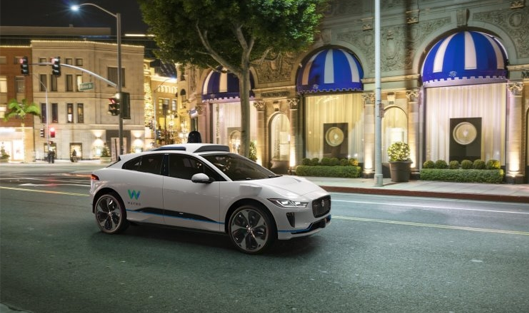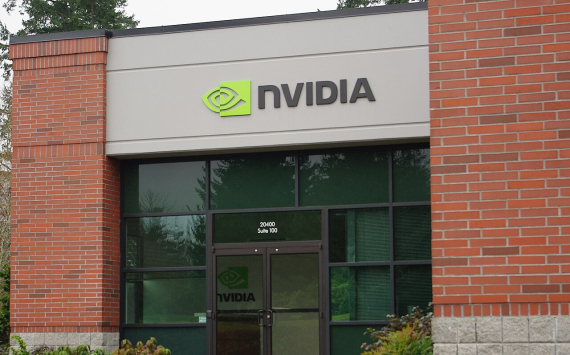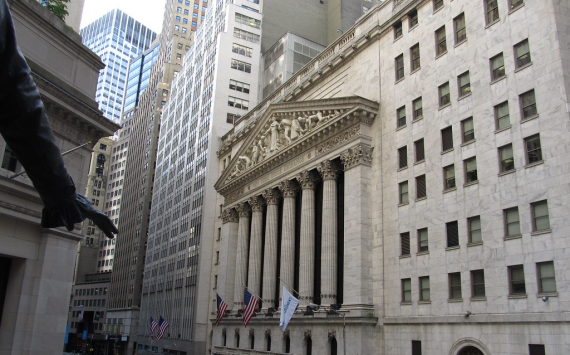
Investing in autonomous driving
Investors hear the words "autonomous driving" from many well-known car manufacturers, from Tesla to BMW, but there is a big difference and millions of kilometres of real road trials.
However, companies such as: Waymo, a subsidiary of Alphabet, and Cruise, a subsidiary of General Motors (GM), are quite advanced in technology that allows them to drive without mistakes and without a driver.
The stand-alone vehicles of both of these companies have travelled millions of kilometres to test the safety of technology after being authorised by the local transport departments, but still have drivers to control them. By the end of 2020, these vehicles will drive passengers without a driver for the first time.
The aim of both companies is to create a fleet of passenger taxis, which will generate billions of dollars in profits if drivers are not paid. In addition to the business model of the Waymo One passenger taxi, Waymo is also working on a fleet of self-contained trucks for delivery services Waymo Via.
Several Waymo Via pilot programmes have already been launched in the Phoenix area, the company is testing a fleet of trucks in California and Arizona and plans to expand to Texas and New Mexico in the near future. Prospects for this business
To assess the potential of such a business, it is worth taking a look at the company's revenue for every 1.6 km on the road: for companies such as Uber and Lyft it is around $2, while driving without drivers will bring in around $1 for every 1.6 km on the road.
The CEO of Dara Khosrowshani said: "The US is seriously hindering our recovery in the international segment".
The market is huge if you take into account data published by the US Department of Transportation's Federal Highway Administration (FHWA), which showed that the total number of trips in the US in 2018 rose to a record 5 trillion transport kilometres (VMT). This is a market of more than $31 billion in revenue per year.
















































